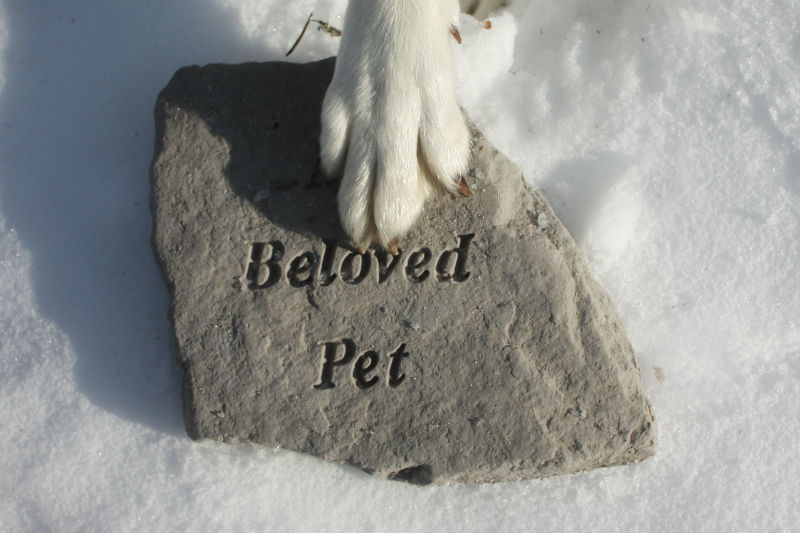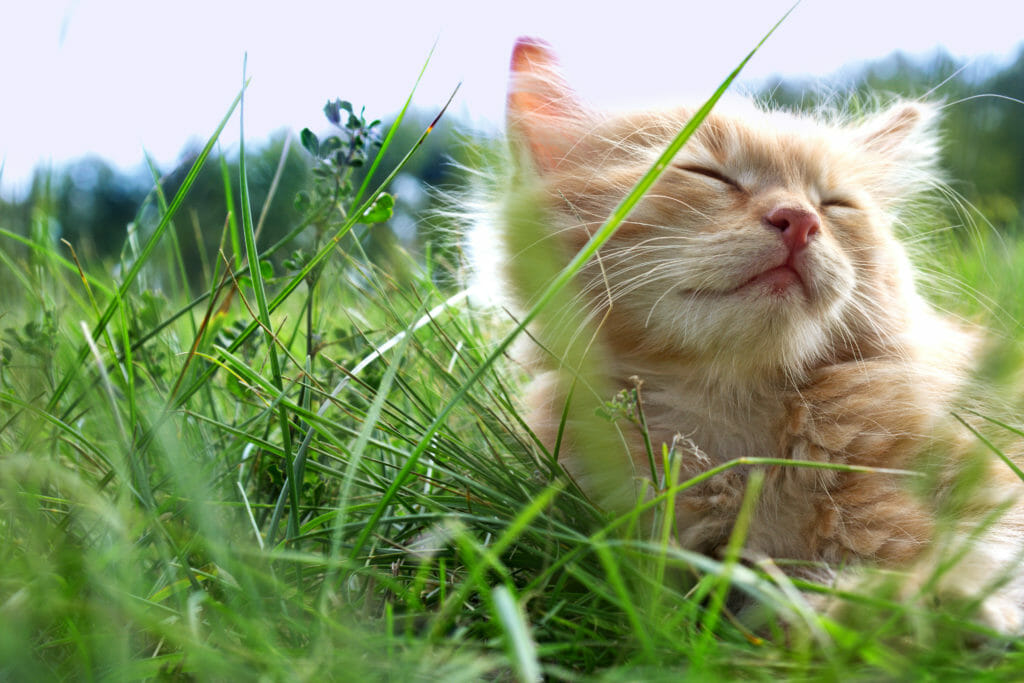Does your dog grieve the loss of another dog in the family? Many people do not realize that dogs go through a similar process that we do. Life can change drastically for your dog with the loss of a companion.
You may have an alpha that no longer has a follower or vice versa, so the position in life has now changed. It’s up to you as an owner to help your dog find a way to a healthy new position in life. Its hard for us to know how much a dog understands about death, but owners have seen them become lethargic, upset or even physically sick. It can be very upsetting for you as the owner as well because you are dealing with the loss yourself.
If you have used positive training (also known as positive reinforcement, ie, giving treats or praise to reward good behaviour) in the past, it could help with the grieving process. Positive training creates a strong bond and offers excellent communication between you and your dog, which makes it natural for the dog to look to you for leadership. In situations like these, the dog tends to blossom after the loss of the other dog.
If you have not done any training, this might be a great time to start, either with going to classes or hiring a personal trainer. This will also help you learn training skills. It is a lot of fun, but you do have to keep it positive, if you try to use force or become alpha over your dog, then things could easily backfire, not to mention it would be very inappropriate for a grieving dog. Many classes will welcome owners to come and watch to make sure it is the right atmosphere for you and your dog. If your dog is elderly or not in a good physical condition you might want to go to a trainer that can do lessons that are tailored to them. Making sure you know their limitations. Dogs can keep learning all through their life, and it’s proven that the dogs who are trained are happier and easier to help when they need it the most. Another great way to deepen the bond with your dog is having outings with them, whether it be a walk to the mailbox, a ride in the car or an adventure to the park. Doing these things will help to make the dog’s life more interesting. Adding in rituals to your everyday routine is another great way to help your dog move on. Spend time brushing or giving them a massage. Strengthening your relationship with your dog and helping them move on to this new stage in life is healthy for you as well. It takes time and work to get through a grieving process and adjusting to it with your dog does wonders for your healing. Naturally different members of the family will grieve in different ways. Some may mourn the loss longer than others.
Should you get another dog to ease the pain?
If you are not ready for another dog, DO NOT get one. You need to make sure all the family members have grieved and are emotionally prepared to welcome another pet. Many dogs live perfectly happy lives with humans as their companions and adjust fine to being the only one in the home. If you do decide to get another dog you have to make sure any behaviour problems your grieving dog has are resolved. This will prevent them from being a bad influence on the new addition. Also when choosing a dog make sure it’s going to be a peaceful fit for your home and dog. Maybe consider getting a dog of the opposite sex that your dog lived with to try and prevent any fighting. All the training you have done for your grieving dog is instrumental in helping them adapt to the new dog as well. Still give one on one attention away from the home and each other. You need to be able to handle them alone before you can handle them together. Once you and your dog have completed the grieving process successfully you will be able to open your heart and love again.
Written by Holly Murphy, Client Care Specialist




